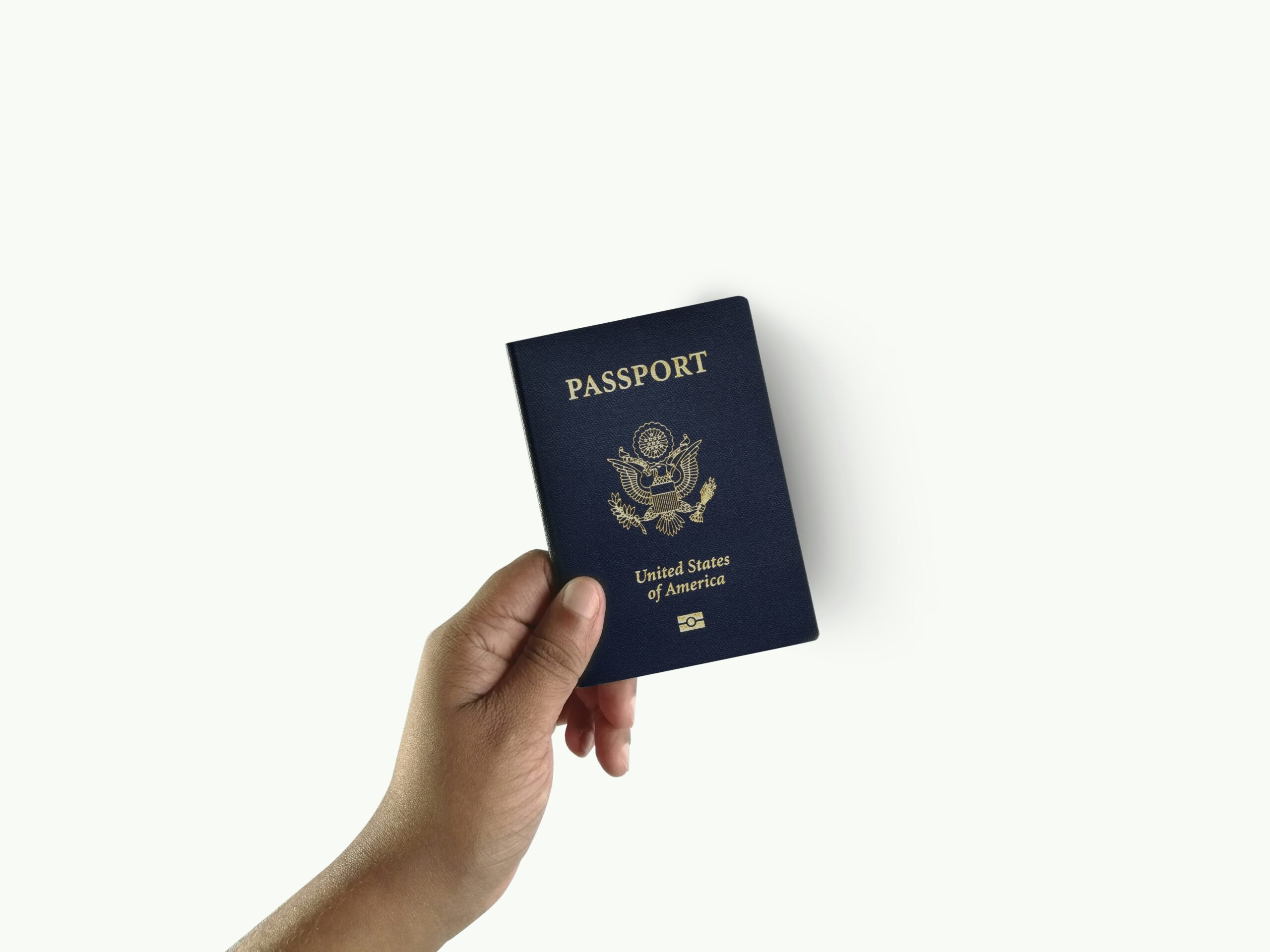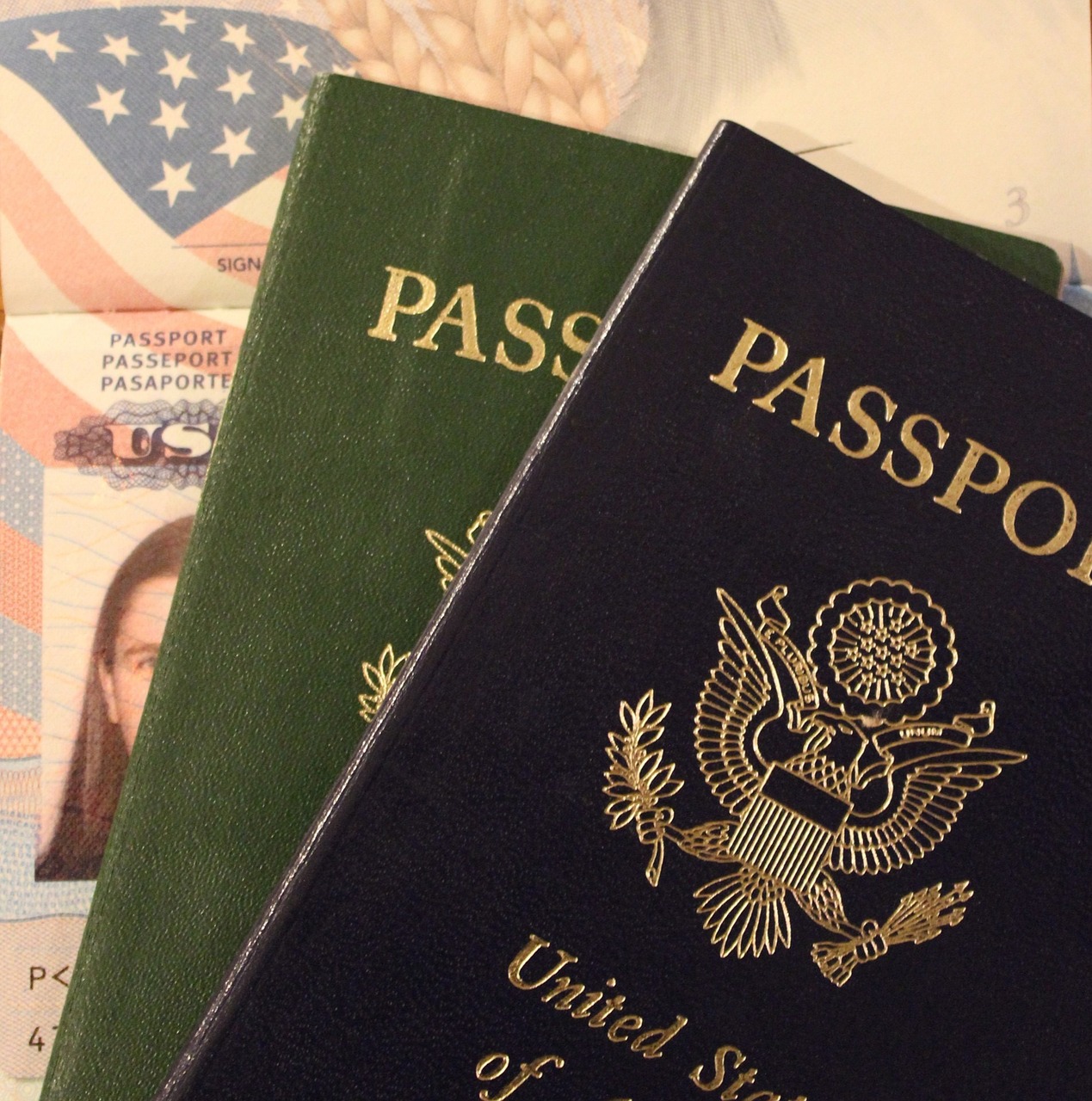In the case of Klene v. Napolitano, a longtime permanent resident applied for citizenship. USCIS denied the application, claiming that Trinidad Klene's marriage to a US citizen had been fraudulent. Federal law allows an LPR to ask a federal judge review the denial of a naturalization application under 8 U.S.C. 1421(c). After Klene sought relief in the district court, USCIS moved to revoke Klene and deport him.
Our office has handled similar cases. We fought for the right of the immigrant to have his case reviewed by a federal judge. As in the cases we handled, the government argued here that another statutory provision, Section 1429, prohibited the district judge from reviewing the naturalization denial. The statutory language actually says "[n]o application for naturalization shall be considered by the Attorney General if there is pending against the applicant a removal proceeding pursuant to a warrant of arrest issued under the provisions of this chapter or any other Act." The district court agreed with the government and dismissed the case.
Klene appealed and the Seventh Circuit began its analysis by reviewing what the other federal appellate courts had concluded. The 10th Circuit had held that the district court action is mooted as soon as the Department of Homeland Security begins deportation proceedings. The 4th and 5th Circuits previously decided that once the removal proceedings begin, the district court loses jurisdiction. Three other circuits - the 2nd, 6th and 9th - had concluded that DHS's commencement of deportation proceedings did not divest the district court from jurisdiction, but that only USCIS could decide the merits of the claim. Finally, the Third Circuit had concluded that a declaratory judgment action in district court brought under section 1421(c) did not violate section 1429 because if the district court concluded the marriage was in good faith, the Attorney General could then naturalize the immigrant.
The Seventh Circuit ultimately followed the approach of the Third Circuit. The appellate court then sent the case back to the district court to determine whether it was best to resolve the case at the district court level.
This case is typical of the overly aggressive approach of the federal government in these cases. The government is loathe to have judicial review of their decisions, even decisions that are poorly reasoned. Our office fights these types of cases and have won them at the district court level. If you feel that you have been denied an immigration benefit to which you were entitled, please contact us at 314-961-8200 or on our contact page.








